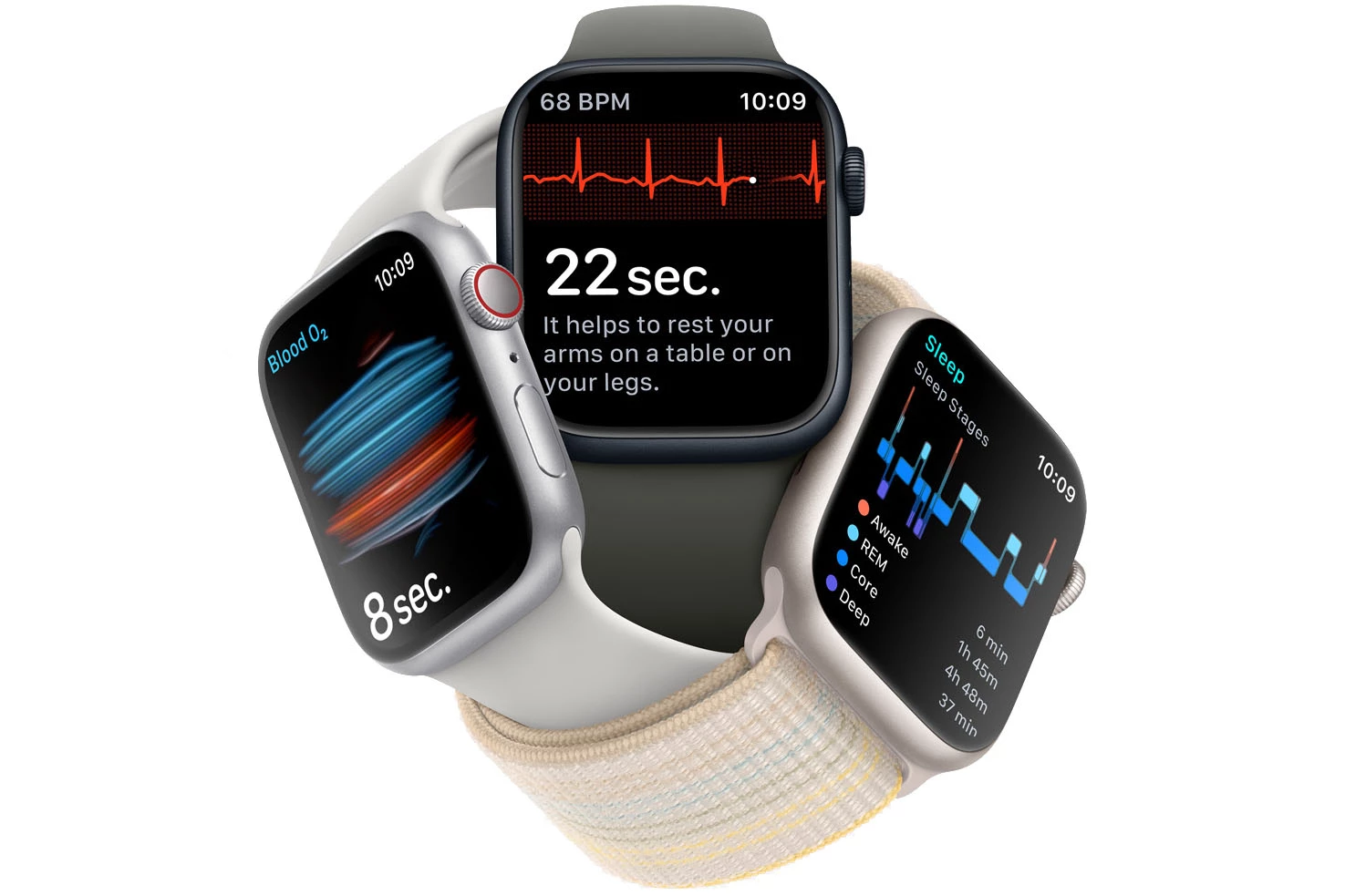A new study from researchers at University College London examined 83,000 healthy 50 to 70 year olds who had taken a 15-second ECG "comparable to the kind carried out using smart watches and phone devices." People whose readings exhibited an extra beat – about 1 in 25 of those studied – were found to have double the risk of developing heart failure or an atrial fibrillation (irregular heart rhythm) within the next 10 years.
“Our study suggests that ECGs from consumer-grade wearable devices may help with detecting and preventing future heart disease," said lead author Dr Michele Orini (UCL Institute of Cardiovascular Science). "The next step is to investigate how screening people using wearables might best work in practice. Such screening could potentially be combined with the use of artificial intelligence and other computer tools to quickly identify the ECGs indicating higher risk, as we did in our study, leading to a more accurate assessment of risk in the population and helping to reduce the burden of these diseases.”
Last year, Mayo Clinic researchers used AI analysis of Apple Watch ECG readings, uploaded via an app, to identify people with a weak heart pump, or left ventricular dysfunction – a condition affecting some 9% of people over 60. In 2020, Harvard researchers found smartwatch-generated ECGs were 93-95% accurate in identifying and distinguishing between different types of heart attacks.

It should be noted that while these smartwatch-driven ECG tests are indeed proving useful in many trials, they're not as accurate or reliable as ECGs taken at a medical facility using specialized equipment. But they're extremely convenient, and if used regularly, can pop up alerts that might motivate people to visit their doctor, where proper diagnoses can be made and treatments can be discussed.
According to nurse practitioner Heather Robinson at Tryon Medical – who, we acknowledge, has somewhat of a barrow to push here – about a third of the patients that come in for a checkup in response to a smartphone notification end up with a referral to a cardiologist. So it seems that even without sophisticated AI analysis they're already getting people help before things become critical.
One important caveat to this whole thing comes out of the University of Utah, where researchers have found that smartphones that use bioimpedance sensing (for example, the Samsung Galaxy Watch 4) can interfere with the operation of cardiac implants like pacemakers, cardiac resynchronization devices and cardioverter defibrillators – so they're not recommended for people with implantable electronic devices like these.
Some recent smartwatches capable of ECG readings include the Apple Watch (Series 7, 8 and Ultra), Google Pixel Watch, Samsung Galaxy Watch 4 and 5, Fitbit Sense, Withings Scanwatch and Move, and Huawei Watch GT3 Pro. Many are FDA-approved.
The UCL paper is available in the European Heart Journal: Digital Health.
Source: University College London





